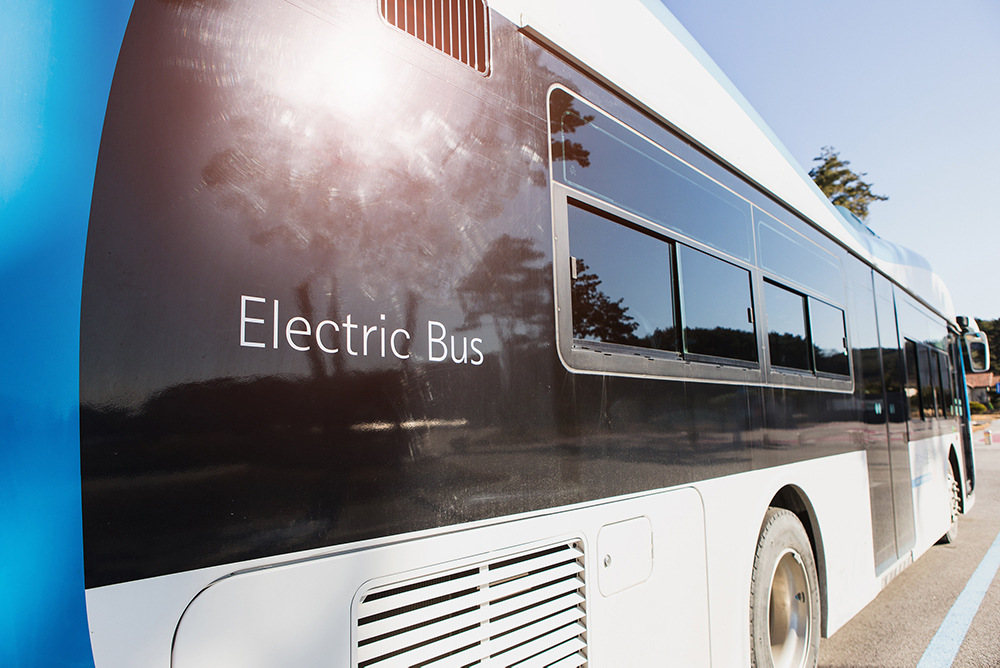Heavy-duty vehicles, like public transit buses, only make up 5 percent of all vehicles on the road, but nationally their pollution makes up 25% of the transportation sector’s annual contribution to climate change.
Thankfully, a new report (available online here) from the Union of Concerned Scientists shows that battery electric buses, in all parts of the country, have “lower life cycle global warming emissions” than buses powered by fossil fuels, like diesel and natural gas. The study includes the source of electricity that fuels battery buses, such as power that comes from burning coal or natural gas.
From a UCS announcement earlier this month:
“As power grids get cleaner, electric buses will continue to get cleaner over time, too. As you can see on the map, buses charged in regions with lower-carbon grids produce fewer life cycle emissions than their diesel counterparts. For example, a diesel bus would have to get 37.3 miles per gallon in upstate New York, 21.2 miles per gallon in San Francisco, or 18.7 miles per gallon in Seattle to have the same life cycle emissions as an electric bus. A comparable diesel bus actually gets 4.8 miles per gallon.
While heavy-duty vehicles, including buses, make up only 5 percent of all vehicles on the road today, they contribute 25 percent of the transportation sector’s global warming emissions and a significant amount of air pollution. These findings, combined with the technical readiness of electric buses, provide an optimistic path forward for reducing harmful transportation emissions across the country.
These global warming benefits are of course, in addition to the air pollution benefits of electric buses, which have zero tailpipe emissions.
We hope this new resource will be useful in your work. Please feel free to share with your colleagues, and get in touch with any questions or comments.”
Oregon is similar to Seattle with our energy mix and Oregon’s grid is going to get cleaner and cleaner through the Clean Electricity and Coal Transition Act to be amongst the cleanest in the nation. Oregon programs such as the Clean Fuels Program, utility investments, use of Volkswagen Settlement dollars, and transportation package dollars can all support on-going electrification efforts.
